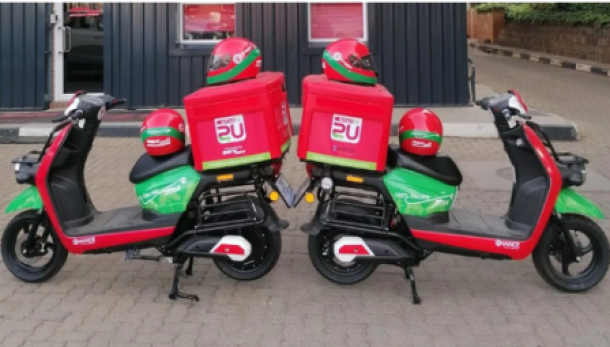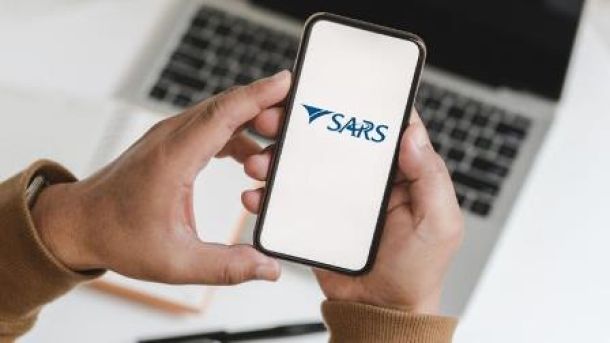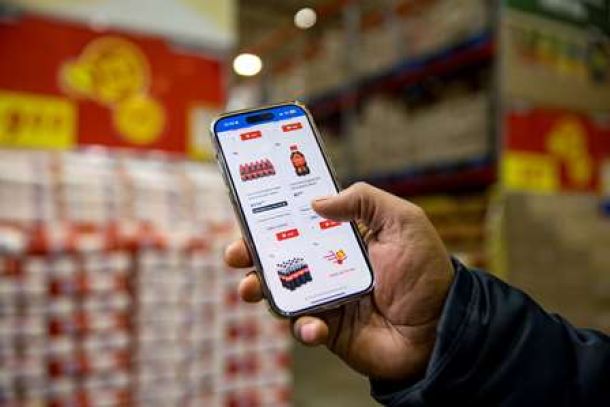Make big data work for you
Many smaller companies in South Africa are still reluctant to use big data because they do not have the expertise to implement it.
Big data is viewed by SMEs as a fancy buzz word, associated with huge costs and state of the art IT infrastructure, while, in actual fact, it simply refers to gathering and using information to provide action and insights.
“Big data in South Africa is still predominantly used by larger and listed corporates that have access to historical data and the resources to gather, analyse and process information quicker,” says Yudhvir Seetharam, head of analytics at FNB Business.
“But there is no reason why SMEs should not be using information at their disposal to cut operating costs, better understand customers, improve products and services, manage risks and make strategic business decisions.”
He says that when SMEs do overcome the reluctance of using big data, the challenge is often implementation and the costs involved. Interestingly, there is no standard approach for using big data; its application varies depending on the structure and operational set up of the business.
“While many SMEs do not have the resources to set up more comprehensive big-data operations, there are less expensive and convenient means that can be gradually introduced and improved as the business grows,” adds Seetharam.
Managing finances. SMEs can perform a trend analysis using annual financial reports to identify peak sales periods and determine what factors led to success. Large corporates usually keep historical financial records and use the information to gather insights.
Free online tools. Free online tools like Google Analytics can help e-commerce SMEs to gather information from their websites and produce insights.
Marketing. SMEs cannot afford to wait for customers to approach them, they should be proactive, go out and market their products and services. Big data can be the best tool for understanding customers and their preferences. It helps SMEs reach customers directly and cost effectively through the most appropriate platforms. There is no point in advertising online and placing billboards on the highway if you are not reaching your target audience.
Improving products and services. Information gathered from customers through online orders and platforms like social media can be used to improve products and services. SMEs can begin to analyse this information to determine why certain products perform better than others.
One of the barriers that prevent SMEs from fully capitalising on big data is not having access to the right skills. Larger corporates with more established big-data facilities often appoint data scientists that are equipped to handle, store, manipulate and analyse large volumes of data.
But you still need data to work with. SMEs can, therefore, start building a foundation by collecting as much information as possible to set up their own big-data operations.
“Using big data alone will not guarantee success; it should be used in conjunction with other tools to improve the business. Before incorporating big data into the business, SMEs should first get the basics right,” concludes Seetharam.
News Category
- International retailers
- On the move
- Awards and achievements
- Legislation
- Wine and liquor
- Africa
- Going green
- Supplier news
- Research tools
- Retailer trading results
- Supply chain
- Innovation and technology
- Economic factors
- Crime and security
- Store Openings
- Marketing and Promotions
- Social Responsibility
- Brand Press Office
Related Articles

Two local businesses see a gap as food and groc...

SARS launches WhatsApp channel to help check ta...

Shoprite launches online shopping and bulk deli...

Sixty60 promises lightning-fast delivery of 10 ...


